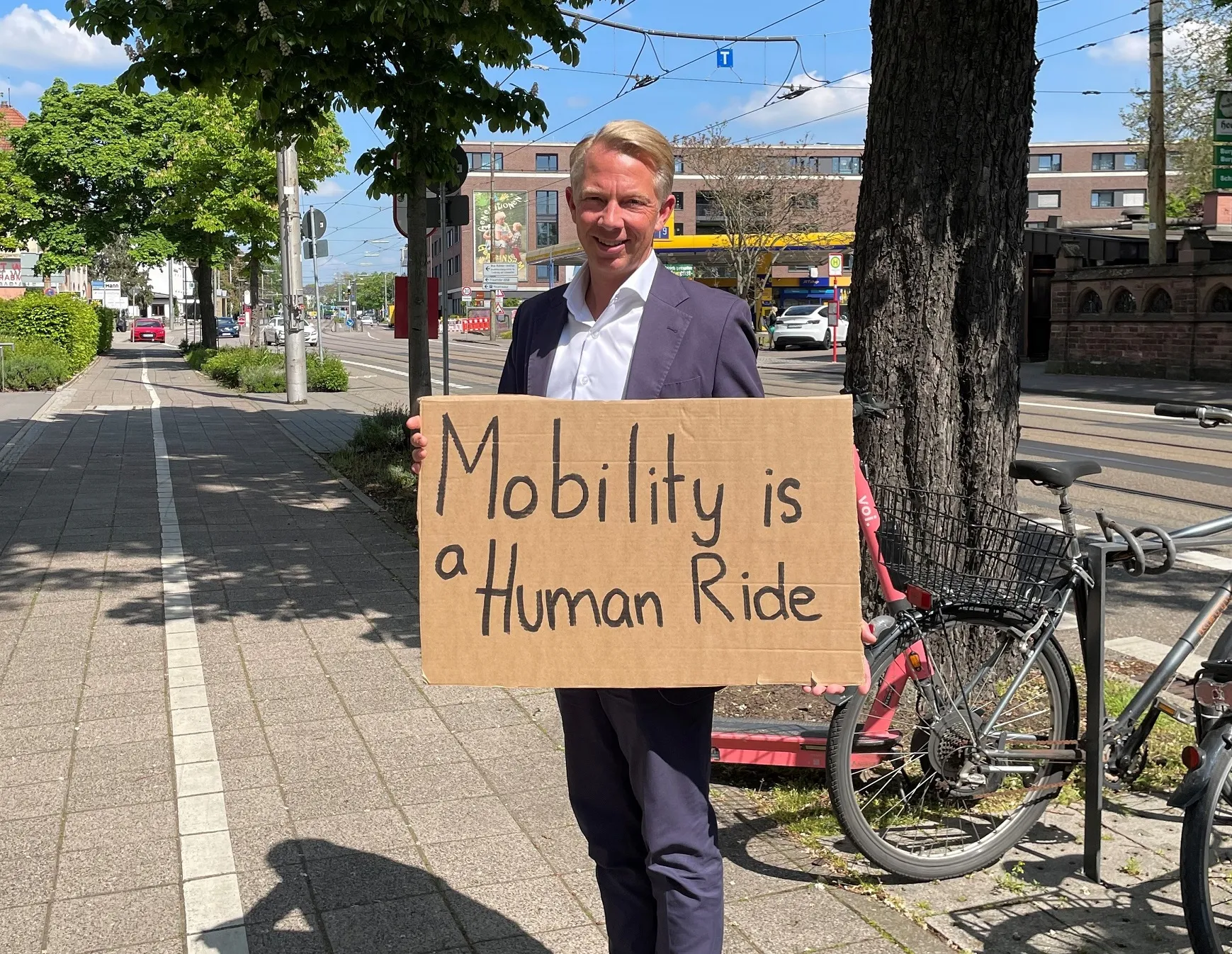In July 2014, the
The EBRD is the largest institutional investor in Romania. To date, the Bank has invested US$8.9 billion across 364 projects in diverse sectors including industry, commerce, agribusiness, infrastructure, energy and finance.
The EBRD has set itself the ambitious target of establishing sustainable transport planning in a total of eight Romanian cities over the next few years. The approach is a new one for Romania. On the basis of an integrated planning process, working alongside and for municipal authorities and with the participation of local stakeholders, sustainable urban transport policies will be developed.
The introduction of quantitative transport planning methods is a core part of the contract. For example, transport modelling is to be introduced for objective assessments in all cities.
Companies from the
"The whole of Romania should benefit and learn from the new transport planning methods," asserts project leader Dr.-Ing. Rainer Schwarzmann of PTV Transport Consult. "Particular emphasis is to be placed on knowledge transfer between all participants. We will provide city developers and transport planners with the know-how for the day-to-day work and cooperate with them, using professional software tools, to develop the sustainable transport models."
EBRD funds new transport master planning standards for Romania
In July 2014, the European Bank for Reconstruction and Development (EBRD) awarded funds of around US$1.8 million for the development of sustainable mobility master plans in Romania. The EBRD is the largest institutional investor in Romania. To date, the Bank has invested US$8.9 billion across 364 projects in diverse sectors including industry, commerce, agribusiness, infrastructure, energy and finance.
August 5, 2014
Read time: 2 mins









